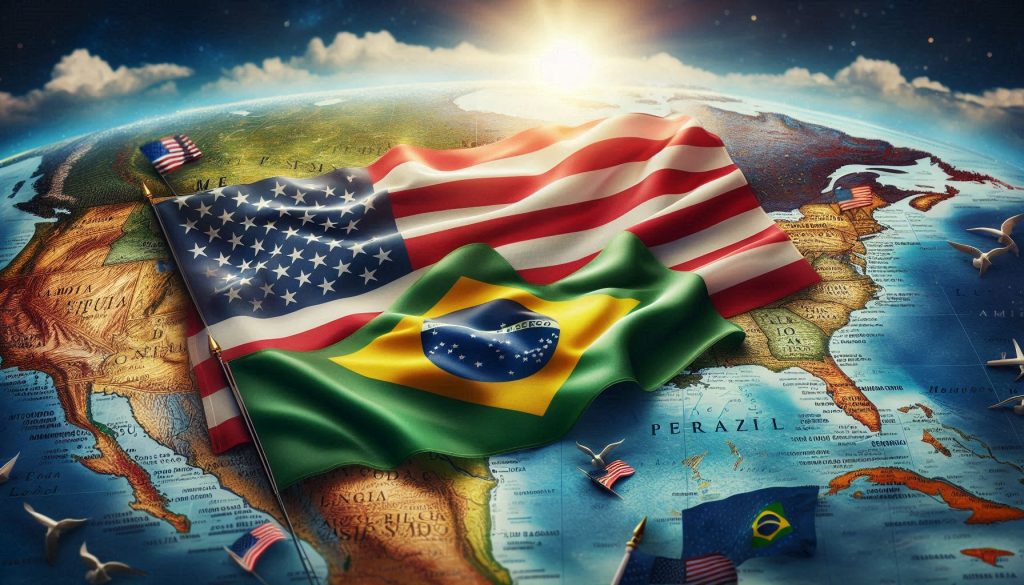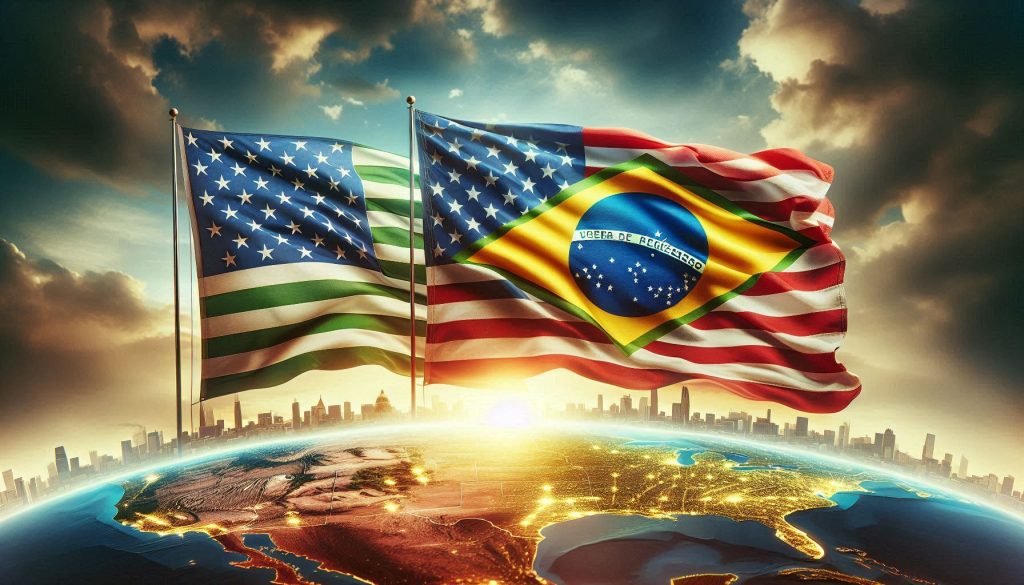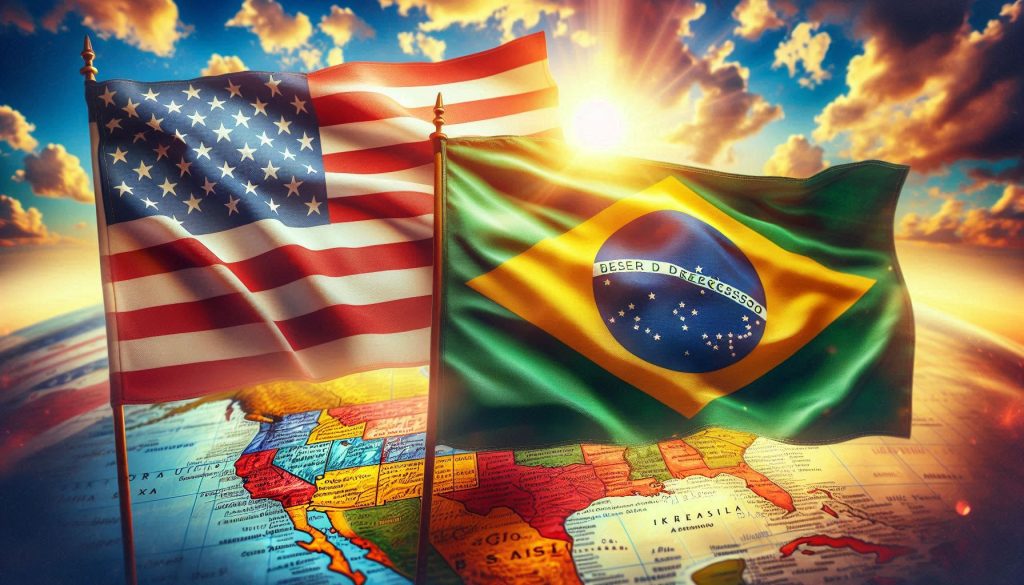In late 2019, then-President Donald J. Trump made a surprise announcement: the United States would reinstate tariffs on steel and aluminum from Brazil and Argentina. While the official reason was to protect American farmers from currency devaluation abroad, deeper analysis suggests Trump’s move was also tied to personal and political connections—most notably his alignment with Brazil’s President Jair Bolsonaro.
The Official Justification
Trump framed the decision as necessary for safeguarding U.S. agricultural interests. He argued that currency manipulation by Brazil and Argentina was hurting American farmers, who were already struggling under the weight of trade tensions with China.
By reimposing tariffs, Trump claimed he was protecting the U.S. economy from unfair global competition. However, economists noted at the time that there was little concrete evidence Brazil was deliberately weakening its currency in a way that would justify such tariffs.

Bolsonaro and Trump: Political Allies
Observers of international politics quickly pointed out a subtler dynamic. President Bolsonaro had styled himself as “the Trump of the Tropics,” embracing right-wing populism and forging an unusually close relationship with the Trump administration.
By applying tariffs selectively—and publicly framing them as reversible—Trump signaled both pressure and support. Analysts saw it as a message to Brazilian leadership: maintain economic and political alignment with Washington, or face financial consequences.
“It wasn’t just about steel,” noted one foreign policy analyst. “It was about keeping Bolsonaro close and ensuring Brazil didn’t drift toward rival powers like China.”
Domestic Politics on Both Sides
At the time, both Trump and Bolsonaro faced internal pressures. Trump was navigating impeachment proceedings and an upcoming reelection campaign. Bolsonaro was dealing with domestic economic troubles and political polarization within Brazil.
The tariff decision helped both leaders appeal to their nationalist bases. For Trump, it showed strength in trade policy. For Bolsonaro, it opened the door for negotiation and public solidarity with Washington.

Trade as a Political Lever
Trump’s broader trade strategy often blended economics with personal diplomacy. This Brazil decision fit that pattern: a mix of tariffs, tweets, and off-the-record negotiations.
In Bolsonaro’s case, the move seemed aimed at propping up a political ally rather than strictly enforcing economic rules. Some critics in both countries said it reflected how foreign policy under Trump could be shaped more by personal rapport than by formal agreements.
What Happened After
Following Trump’s announcement, Brazilian officials quickly sought meetings with U.S. representatives to negotiate a resolution. Ultimately, the tariffs added another layer of complexity to U.S.-Brazil trade relations but did not lead to a full-scale trade conflict.
Bolsonaro remained vocally supportive of Trump through the end of his presidency, even as other world leaders distanced themselves. The U.S.-Brazil relationship under Trump and Bolsonaro remains a case study in how international trade policy can become entangled with personal political alliances.

A Broader Pattern
Trump’s decision on Brazilian steel was not an isolated case. It reflected a broader approach: using tariffs not just as a trade tool, but as a way to maintain political influence abroad. Whether that strengthened U.S. diplomacy or undermined it depends largely on perspective.
For Brazil, the episode highlighted the challenges of aligning closely with a volatile global partner—and the high stakes of becoming part of another country’s domestic political narrative.

